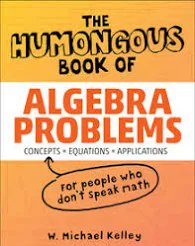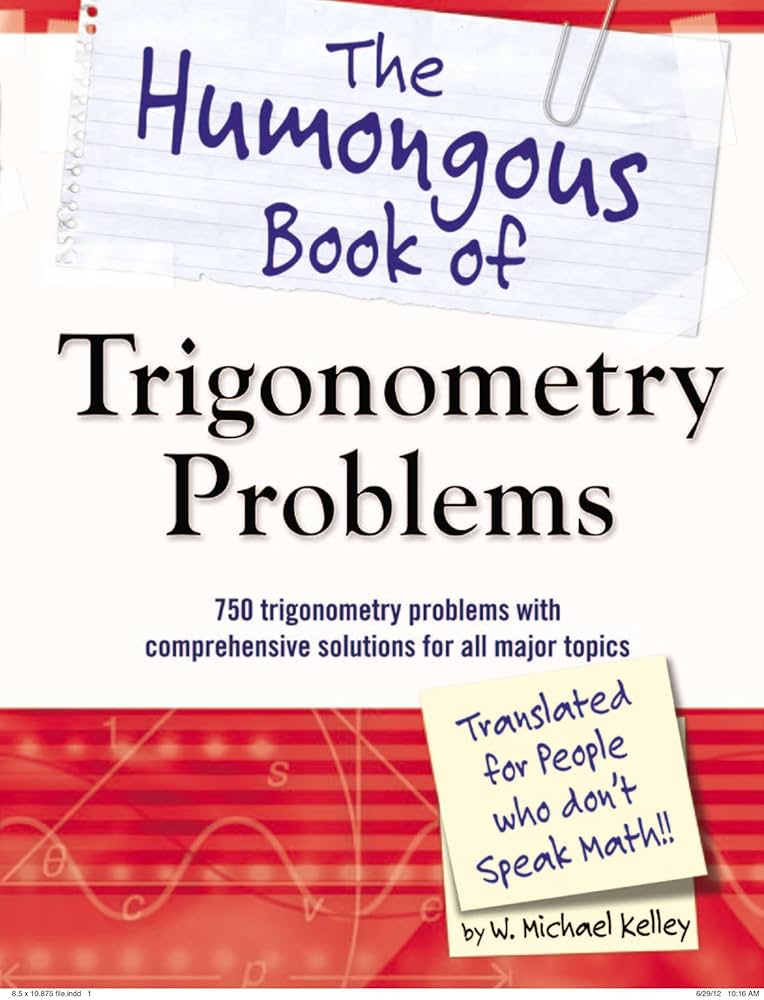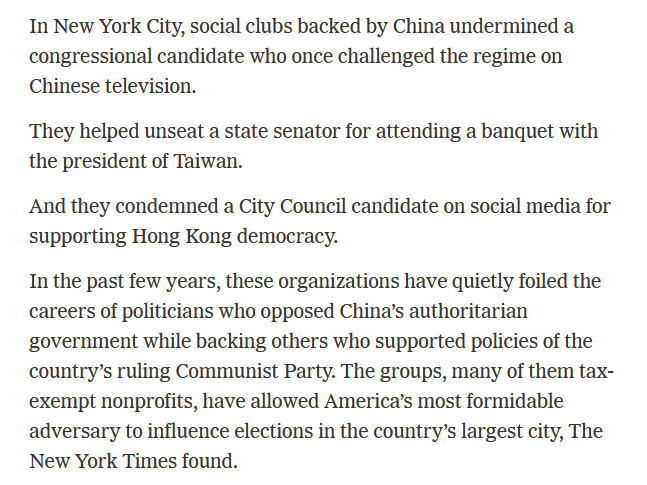These are extremely good textbooks.
Pedagogically unique--very different from most mathematics texts.
If you come from a humanist background or otherwise worry that you don't "get" math, I strongly recommend these.

Pedagogically unique--very different from most mathematics texts.
If you come from a humanist background or otherwise worry that you don't "get" math, I strongly recommend these.


I also recommend them if you passed through these classes without ever feeling like you understood, at a deeper level, why you were doing the manipulations you were doing. Braver will fix that.
The key to the book are carefully scaffolded problem sets not designed to test knowledge so much as to lead the reader/problem solver to discover truths themselves. Some of his best problems will be something like "10. Now go explain this concept to another human being."
Free excerpts available at the author's website: bravernewmath.com
I believe Braver was a St. John's tutor -- that college where they study mathematics and science by reading Euclid and Newton.
This book is not that, but it clearly informs his approach.
This book is not that, but it clearly informs his approach.
Though he does not come out an say it outright, he clearly presents the standard calc/pre-calc material in a way that matches the historical development of the concepts involved.
There is also far more geometry involved than standard pre-calc books.
There is also far more geometry involved than standard pre-calc books.
If you are completely new to these topic I would recommend supplementing it with these books, which are much more hand-holdy and include details on some problem types Braver doesn't cover. 





Braver also has a linear algebra book but I have not gotten there yet, so cannot recommend from personal experience.
It seems to follow the same philosophy as these earlier books (geometric explanations when possible, sense of intuition informed by history of math).
It seems to follow the same philosophy as these earlier books (geometric explanations when possible, sense of intuition informed by history of math).

I don't think this style of textbook is for everyone (and because he sometimes teaches things in a weird order you will struggle to find online lectures that match).
But this style really worked for me. I think it is a bit criminal that these books are not better known.
But this style really worked for me. I think it is a bit criminal that these books are not better known.
Anyway you can these books on Amazon here amzn.to/4n2dWrm
and the calculus one here amzn.to/4oR1eNz
It looks like he also has some online video lectures as well!
https://x.com/domesticahobart/status/1959633771998679488
• • •
Missing some Tweet in this thread? You can try to
force a refresh
















